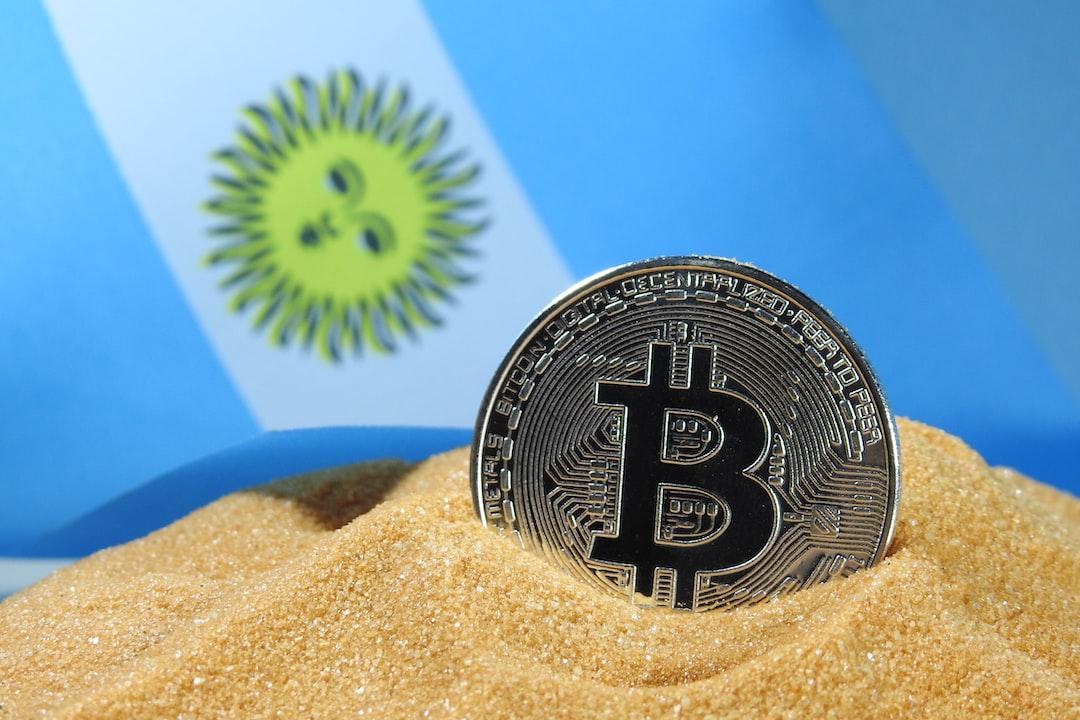The latest report from The Wall Street Journal reveals that billionaire tech mogul Elon Musk has been in regular contact with Russian President Vladimir Putin since 2022. The report suggests that Musk’s actions in relation to his Starlink satellite network project and his political influence in the United States are now under stricter scrutiny.
Table of Contents
Toggle
Regular Contact Between Musk and Putin Since 2022
Did Putin Request to Deny Taiwan Access to Starlink on Behalf of China?
Musk’s Political Influence Extending Beyond Silicon Valley
Starlink’s Dual Role in Ukraine
Musk’s Support for Kremlin Peace Proposal Sparks Controversy
Suspected Use of Starlink by Russian Military
Kremlin Denies Ongoing Contact with Musk
US Government Unaware
Musk Stays Silent on the Report
According to intelligence sources cited by The Wall Street Journal, Musk has had regular contact with Putin since late 2022, with their conversations even continuing into this year. While Musk publicly criticized US support for Ukraine, he also supported former President Donald Trump in the 2024 election. The exposure of this unexpected connection has raised questions about Musk’s influence in international politics and his potential manipulation of sensitive issues.
The most intriguing point in the report is that Putin made a request to Musk on behalf of Chinese President Xi Jinping. According to two informed sources, Putin asked Musk not to enable Starlink network service in Taiwan, aligning with China’s stance towards Taiwan. Although it is unclear how Musk responded, his control over the Starlink satellite network gives him unique influence in international diplomacy and technology.
These revelations come during the US presidential election season, making them particularly significant. Musk’s influence now extends far beyond the tech industry, as he holds numerous contracts with the US government and has access to classified information through his social platform X (formerly Twitter) and aerospace company SpaceX. This combination of influence, business interests, and high-level government connections places him in a unique position, raising concerns about his potential impact on national security and US foreign policy.
Musk’s Starlink satellite network service played a crucial role in the Russia-Ukraine conflict. Initially, he provided free Starlink service to Ukraine, significantly enhancing its communication and defense capabilities. This service was seen as a weapon for Ukraine to counter Russian forces. However, as the conflict continued, Musk gradually reduced his support for Ukraine. In 2022, he restricted Ukraine’s military use of Starlink, affecting its drone operations, which frustrated Ukrainian officials and strained his relationship with Ukrainian President Zelensky and other leaders.
Musk’s attitude towards the Russia-Ukraine conflict goes beyond limiting the use of Starlink. In October 2022, he tweeted a series of posts proposing a peace plan for Ukraine that aligned with the Kremlin’s position. Musk referred to it as a personal peace proposal, but these tweets sparked strong backlash from the Kyiv side, with officials accusing him of sympathizing with Russia’s position. Musk’s public stance in the war has created mixed views on his position, with some seeing him as an independent voice while others believe he should not make unfounded comments on international affairs.
According to Ukrainian military intelligence, Russian forces appear to have started using Starlink technology. Reports in early 2024 indicated that the Russian military used Starlink on the Ukrainian front, but Musk has yet to confirm or deny these allegations. This further raises concerns about the control and regulation of Starlink’s use in conflict zones.
Regarding The Wall Street Journal’s claims, Dmitry Peskov, spokesman for the Kremlin, stated that the Russian government only had a brief conversation with Musk discussing “space and future technology.” Peskov refuted the report, calling it “completely false information.” The Kremlin’s denial contrasts sharply with The Wall Street Journal’s report, casting a shadow over the truth of Musk’s interaction with the Russian side.
Despite playing a significant role in national security projects, The Wall Street Journal’s report states that Musk’s communication with Putin has been secretive to the US government. Some senior White House officials expressed surprise at this news, indicating that even high-level US officials do not have a complete understanding of Musk’s communication with the Russian side.
As of now, Musk has not publicly responded to The Wall Street Journal’s allegations nor has he responded to requests for comments. His silence has led to speculation among supporters and critics about his relationship with Putin and the potential impact of his actions on future US foreign policy, particularly against the backdrop of the Ukraine conflict and US-China relations.

